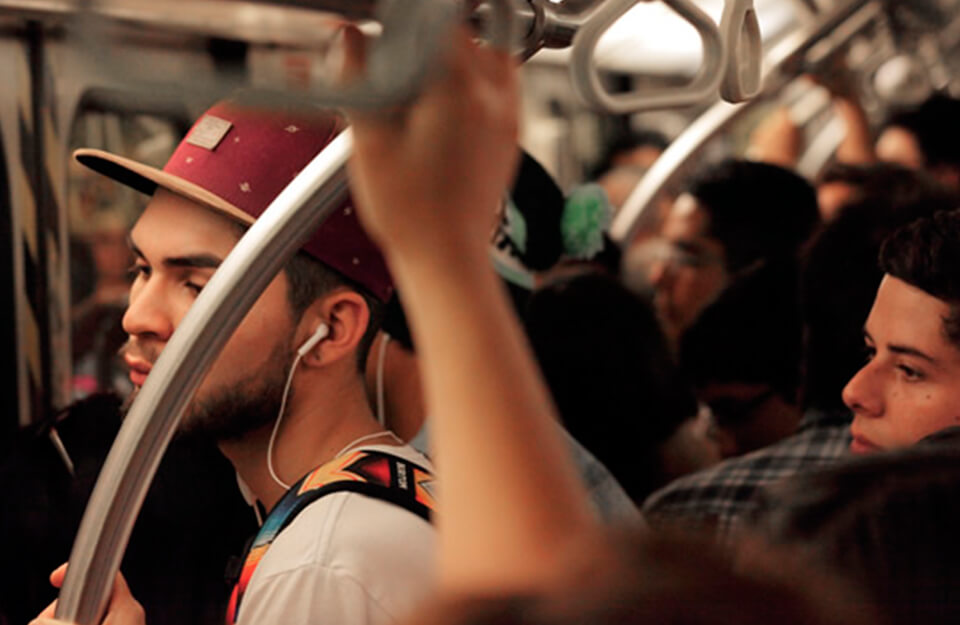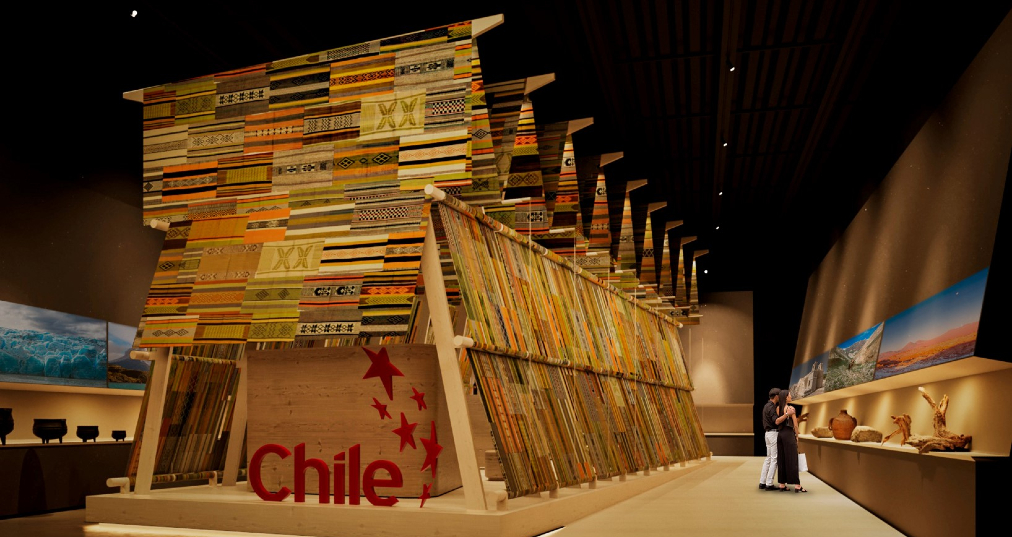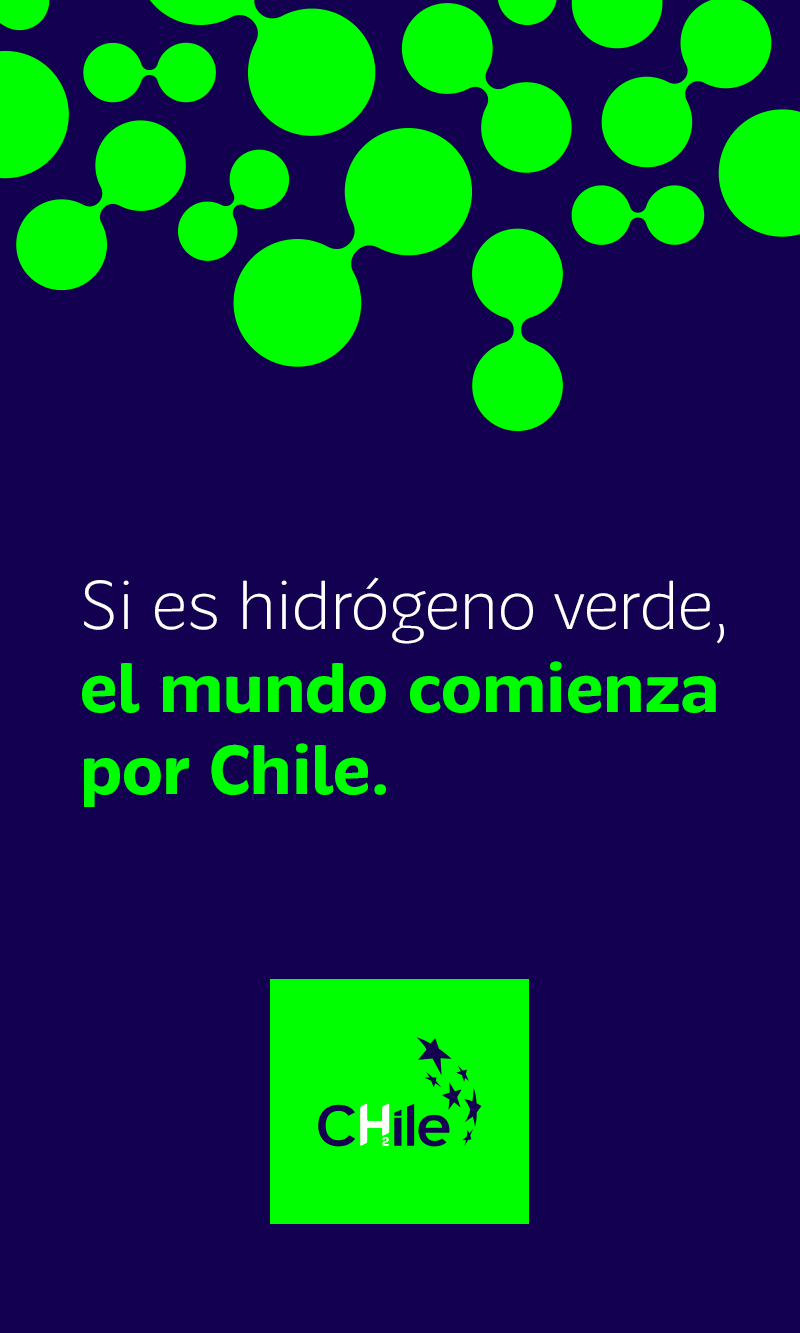
A
Achacarse: To become sad, to become discouraged.
Achuntar: To hit the mark, to aim, to get to the point.
Alapa: To ride on the shoulders of another person. In the north, "a tota". In the south, "a chique" or "al acha"
Al lote: Disorderly, without rules.
Al tiro: Immediately.
Al toque: To do something immediately.
Andar pato: To have no money
Apañar: To accompany a friend, physically or psychologically.
Apestarse: To get angry, upset, bored.
Aperrar: To be brave, to insist in spite of difficulties.
Apitutado: Someone who has good contacts and achieves goals through them.
Apreciado: To be selfish, stingy, greedy.
Arrugar: To take a step back, to regret, to give up.
Atao: Trouble
Avispado: Audacious, agile, intelligent.
B
Bacán: Good, incredible, excellent, spectacular.
Barsa: Fresh, shameless.
Buena leche: Good person, honest, transparent, with good intentions.
Bronca: Anger, disgust, anger.
Buche: Stomach.
C
Cabra/o: Niña/o.
Cabritas: Popcorn.
Cachar: To look at, see something, understand, grasp.
Cachureos: Various things that are kept, but are of little use.
Cahuín: Lie, mess, invention that deceives and confuses.
Calato: Naked
Caleta: Quite a lot, in great quantity
Carrete: Party
Colarse: To enter without permission.
Condoro: Error, mistake, slip.
Copete: Alcoholic drink
Curao: Under the effects of alcohol.
CH
Chapa: Alias, false name.
Choro: Envalentonado. Choro is also something that is funny.
Chorearse: to get angry, to get into a rage.
D
Dar pelota: To pay attention to someone.
Dar jugo: To waste time, not to be productive; to say incoherent things.
Denso: A serious, almost moody person who tends to take things very rigidly and not lightly.
Doblado: Very drunk, drugged, unconscious.
E
Echarla foca: To challenge, rebuke someone.
Embarrarla: To ruin something or a situation.
Engrupir: To seduce, flirt. Also to lie, to deceive.
Enrollado: Very involved, very sensitive, very reflexive. Enredado.
Estirar la pata: To die.
F
Fiambre: qualifier for stinking, rotten.
Filo: it doesn't matter.
Fome: Boring, unfunny.
Fonda: place or party where the Fiestas Patrias are celebrated.
Fresco: Bold.
G
Gallo/a: Used to designate a young person.
Gancho: Friend, neighbor (used in the countryside)
Ganso (a): Foolish, naive.
Gauchada: Favor.
Gil: Foolish, dull.
Guacho: Son not recognized by his father, orphan.
Guagua: Baby
Guanaco: Vehicle belonging to the Police that throws water to stop riots.
Guata: Belly, belly.
Guater: Toilet, WC.
H
Hachazo: Morning sickness produced by the excess of alcohol from the previous day.
Hallulla: A type of bread.
Huaso: Chilean peasant.
Huevón: It is used to describe someone as stupid or stupid; however, it can also mean friend. It has multiple derivations.
I
Inflar (someone): To pay attention, to take into account.
Inflated: Something that has been given more value than it really deserves.
Irse al chancho: To go overboard, to exceed, to exceed, to abuse.
J
Jarana: Party, Fun.
Jote: Insistent when approaching a person romantically
Julepe: Fear, fear.
K
Kilterrier/Kiltro: Dog without a specific breed, product of a not very fine mixture. Qualifier for street dog.
L
La firme: The truth, the real thing.
La dura: The truth.
Lanza: Delinquent, thief, mafioso.
Lata: Boredom, unmotivated.
Latero: Bored.
La raja: A very good situation or thing.
Lesear: To bother, entertain, fool around.
Leseras: Nonsense, banalities.
Liz Taylor: Ready
LJ: We left.
Lolo(a): Boy, young man.
Longi: Crazy, hippie.
Luca: Thousand peso bill.
M
Machucado: Beaten, mistreated.
Mano de guagua: Greedy, selfish, mean.
Micro: Public transport bus.
Mina: Woman, girl, girl. In addition to the generic, it is used to refer to attractive girls.
Mino: Man, boy, young man. In addition to the generic, it is used to refer to attractive boys.
N
Ene: A lot, a lot, a great deal.
Nanai: Honey, cuddle.
Ni ahí: I don't care.
Ni un brillo: Something or someone without grace, unattractive.
Or
Ojo: Attention!
Onda: Vibra, negative or positive energy.
Once: Tea time in the afternoon.
P
Pal Gato (estar): To feel bad, sick.
Pagar el piso: Expression used when a person who is working for the first time invites his co-workers and/or relatives to a meal or a round of drinks with his first salary.
Paracaidista: Qualifier for someone who attends a place or party to which he/she has not been invited.
Pasarlo chancho: To have a good time, to entertain oneself.
Patas negras: Lover.
Patiperro: One who travels a lot.
Patudo: Fresh, shameless
Pavear: To distract oneself
Pega: Work
Peludo: Difficult, complicated. Someone hairy, someone old, mature.
Picada: Low profile place to buy quality products (food, objects, gifts)
Piola: Inadvertent. Tranquilo.
Pololeo: Loving relationship, a couple when not married.
Previa: Meeting of friends before a party.
Q
Queque: Used to designate a person's buttocks or buttocks.
Quina: Five hundred peso coin
Quiubo: A greeting that alludes to what happened or what happened?
R
Rajado: Very fast, very generous, very good for the party.
Rasca: Of poor quality, ordinary, vulgar.
Rico: pleasant, entertaining.
S
Sacar la cresta: To hit someone, give a beating, a blow.
Sacar pica: To provoke jealousy or envy in someone.
Sapo: Snitch, someone curious, enjoys gossip.
Seco (someone): Someone who has talent, who is successful in an area.
Socio: Friend, compadre.
T
Taco: Slow traffic, traffic jam
Talla: A joke, a joke. In the north: Popsicle
Tata: Grandfather.
Tirar a la chuña: To throw something into the air and let everyone pick up what they can.
Tocarel violín: To be the third one accompanying a couple.
Tollo: Lie, exaggeration.
Tuto(hacer): To sleep. Tener tuto, to be sleepy.
U
Last: The worst, bad, lousy.
V
Vaca(make one): Collection of money among several. In the south, "hacer una cucha".
Viejo Verde: Older man who tends to flirt with women much younger than him.
Virarse: To leave, to withdraw from a place.
And
Yapa: Something you get for free, extra, as a gift.
Yunta: Best friend, companion, compadre.
Z
Zombie(walk like): Asleep, sleepy, half unconscious.






